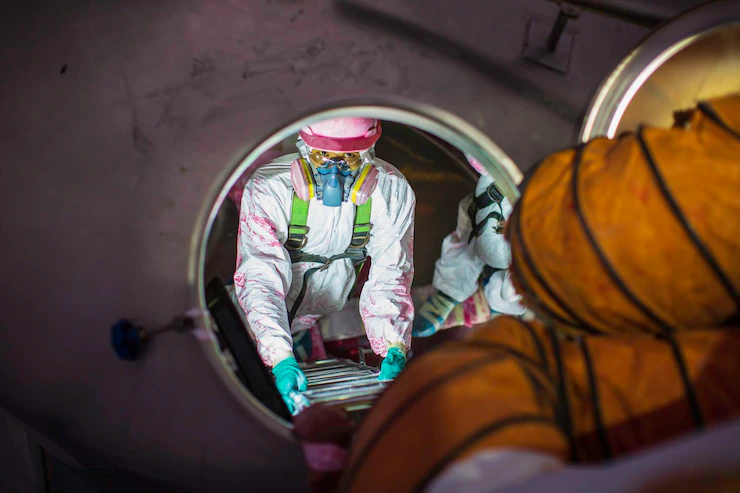When it comes to the health and well-being of pilots, astronauts, and individuals working in the aviation and aerospace industries, the role of an Aerospace Medicine Specialist is crucial. These specialists are trained to address the unique medical challenges and occupational health concerns specific to the aerospace field. If you’re seeking an Aerospace Medicine Specialist in South Africa, here are ten essential factors to consider.
- Credentials and Qualifications: Ensure that the Aerospace Medicine Specialist is board-certified and has the necessary qualifications in aerospace medicine. Look for affiliations with reputable medical institutions and organizations, such as the South African Civil Aviation Authority (SACAA) or the Aerospace Medical Association (AsMA). These credentials verify their expertise in providing medical care for individuals in the aerospace industry.
- Experience and Specialization: Evaluate the Aerospace Medicine Specialist’s experience and specialization in aerospace medicine. Inquire about their years of practice in the field, their involvement in aviation-related research or clinical studies, and their familiarity with the specific medical concerns faced by pilots, astronauts, and aviation personnel.
- Occupational Health Knowledge: Consider the specialist’s understanding of occupational health in the aerospace industry. They should have a comprehensive understanding of the physiological and psychological challenges faced by individuals in high-altitude environments, exposure to cosmic radiation, and the effects of prolonged weightlessness. Their knowledge should extend to the impact of environmental factors on human performance and well-being.
- Compliance with Aviation Regulations: Ensure that the Aerospace Medicine Specialist is well-versed in aviation regulations and requirements. They should be familiar with the medical standards set by aviation authorities, such as the SACAA, and should be able to perform medical examinations and assessments in compliance with these regulations.
- Collaboration with Aviation Professionals: Assess the Aerospace Medicine Specialist’s ability to collaborate effectively with aviation professionals, including pilots, air traffic controllers, and aviation safety experts. This collaboration ensures a holistic approach to managing the health and well-being of individuals in the aerospace industry, with a focus on preventing and addressing medical issues that may impact safety and performance.
- Access to Aviation-Specific Diagnostic Tools: Evaluate the specialist’s access to aviation-specific diagnostic tools and technologies. They should have access to specialized equipment and tests that can assess and monitor the health and performance of individuals in the aerospace field, such as cardiac stress tests, vestibular function tests, and vision screenings.
- Emergency Response and Evacuation Preparedness: Consider the Aerospace Medicine Specialist’s preparedness for emergency situations and medical evacuations in the aerospace setting. They should be trained in aeromedical evacuation protocols, have knowledge of emergency medical procedures in flight, and be capable of providing remote medical support when needed.
- Continuity of Care: Ensure that the Aerospace Medicine Specialist can provide continuity of care for individuals in the aerospace industry. They should have the ability to track and manage medical records, perform regular health assessments, and provide ongoing support and guidance to promote optimal health and well-being.
- Ethical and Confidentiality Standards: Assess the specialist’s adherence to ethical standards and patient confidentiality. They should prioritize patient privacy and demonstrate professionalism in handling sensitive medical information. Trust and confidentiality are essential in fostering a positive doctor-patient relationship.
- Recommendations and Testimonials: Seek recommendations and testimonials from individuals in the aerospace industry who have consulted the Aerospace Medicine Specialist. Their experiences can provide valuable insights into the specialist’s competence, professionalism, and commitment to maintaining the health and safety of aviation personnel.
Choosing an Aerospace Medicine Specialist in South Africa requires careful consideration of their credentials, experience, specialization, knowledge of occupational health, compliance with aviation regulations, collaboration with aviation professionals, access to aviation-specific diagnostic tools, emergency response preparedness, continuity of care, and adherence to ethical standards. By selecting a skilled and knowledgeable specialist, you can ensure the well-being and safety of individuals working in the aerospace industry.










